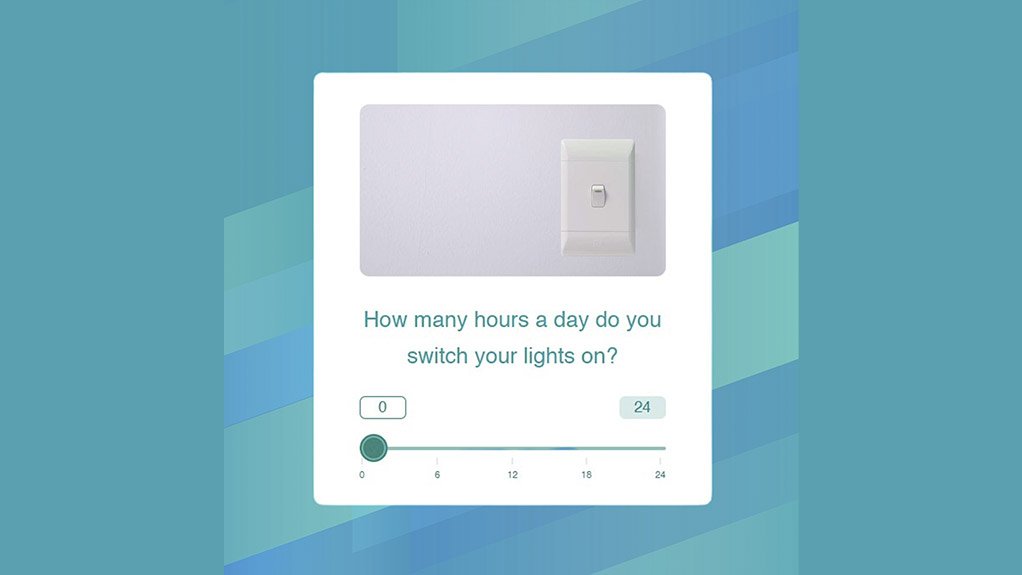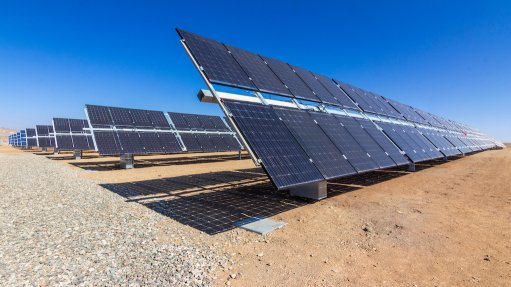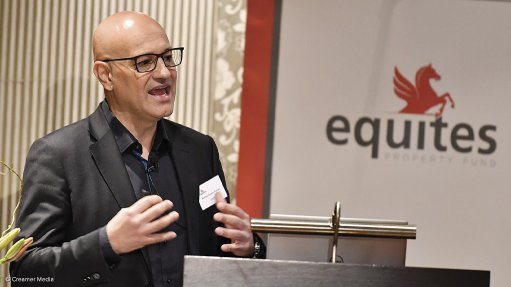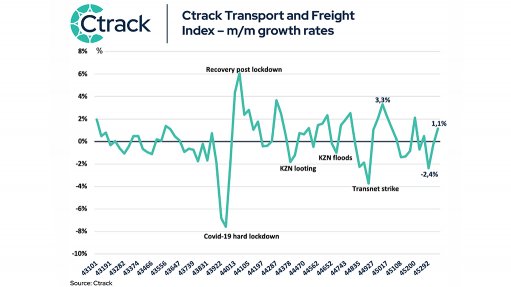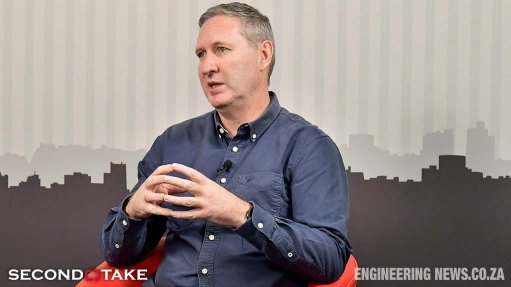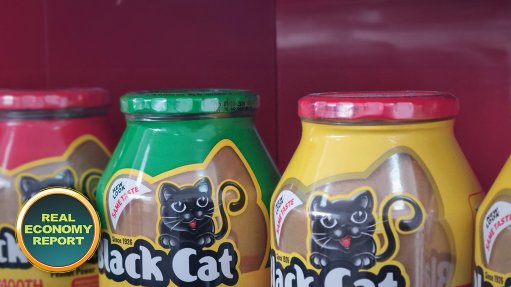How South Africans can Save Electricity, Money and the Planet
The World Economic Forum says that the carbon footprint of homes represents around 20% of all global CO2 emissions, with the residential sector expected to become the most prominent electricity consumer by 2050. This renders households key actors in reaching the 1.5 °C goal laid out under the Paris Agreement which was reaffirmed as part of the Sharm el-Sheikh Implementation Plan discussed at COP27. As the globe experienced its fifth-warmest September–November period in a 143-year record, it is imperative for everyone to play their part.
This is according to Dr Andrew Dickson, Engineering Executive at CBI-electric: low voltage, who says that climate change is the most urgent problem we face, threatening the survival of humanity as well as entire ecosystems. “It is already having a massive effect in South Africa with droughts, floods and heatwaves increasing in the country over the last decade. But unless we know and understand the impact that we each have, taking meaningful action is almost impossible.”
“In South Africa, where electricity is produced mainly from coal, reducing electricity consumption helps both the environment as well as household finances, especially as local electricity prices are now some of the highest on the African continent,” he says.
Electricity prices have increased by over 300% over the past decade, while incomes have come under pressure as a result of the pandemic, rising inflation, fuel costs and food prices. Added to this, the National Energy Regulator of SA (NERSA) approved an 18,65% electricity price hike to take place in April 2023, with an 12.74% tariff increase for 2024/2025.
“Knowing which appliances use the most energy, and using them in a considered way, helps you to reduce your environmental impact, save energy, and ultimately save the consumer money,” explains Dr Dickson.
- Air conditioners, heaters, geysers, pool pumps, ovens and fridges are well-known energy hogs. Some ways to save energy could include:
- Changing the setting on an air conditioner by one degree.
- Running a heater for one hour or less per day in winter.
- Scheduling a geyser or pool pump to only operate at specific times.
- Switching out old appliances for newer, eco-friendly models if possible and doing so in a way that doesn’t impact the environment too much such as by recycling or donating the older items. By changing their appliances, consumers could save R1,000 annually because they won’t be consuming as much electricity.
Carbon footprints measure how much carbon dioxide is emitted by an individual, organisation or country. To understand your carbon footprint, you have to evaluate home energy use, waste production, travel / commuting and even diet.
To help with managing home consumption, CBI-electric: low-voltage has launched a carbon calculator to empower consumers to gain an understanding of how much carbon dioxide they are responsible for releasing into the atmosphere when running their homes. By understanding our impact and the changes that we can make it, is possible for each person to live more responsibly. “South Africans produce 7.34 tons of carbon dioxide per person. If everyone could reduce their carbon footprint even by 10%, it would make a massive difference.”
“We believe consumers need to be equipped with the appropriate tools to track and manage their energy consumption, and knowing which appliances are using the most electricity means that people can strategize how to save. Most importantly, as we observe Davos 2023, the World Economic Forum has highlighted how 2022 revealed that energy transition, climate crisis and food security are inextricably linked. We need to do everything we can as we battle against the threat of global warming to ensure a better future for all,” concludes Dr Dickson.
Go to https://cbi-lowvoltage.co.za for more information or follow CBI-electric: low voltage on Facebook, Instagram, LinkedIn or Twitter.
About CBI-electric: low voltage
- Established in 1949, CBI-electric: low voltage is a manufacturer and supplier of quality low voltage electrical distribution, protection, and control equipment. Previously known as Circuit Breaker Industries or CBI, the company specialises in the design, development, and manufacturing of circuit breakers, residential current devices, surge protection, wiring accessories, and metering products.
- Head quartered in Johannesburg, South Africa, the company is a subsidiary of renowned JSE listed industrial group Reunert, with international operations across Africa, Asia, Australia, Europe, and USA.
- CBI-electric: low voltage can be found in almost every home and has firmly become a market leader over the last 72 years while supplying products to authorities, utilities, manufacturers, commercial property developers, industrial, mining, telecommunications, and general power distribution applications.
- In 2021, the brand launched its smart IoT (internet-of-things) home automation range, called the Astute Range.
Comments
Announcements
What's On
Subscribe to improve your user experience...
Option 1 (equivalent of R125 a month):
Receive a weekly copy of Creamer Media's Engineering News & Mining Weekly magazine
(print copy for those in South Africa and e-magazine for those outside of South Africa)
Receive daily email newsletters
Access to full search results
Access archive of magazine back copies
Access to Projects in Progress
Access to ONE Research Report of your choice in PDF format
Option 2 (equivalent of R375 a month):
All benefits from Option 1
PLUS
Access to Creamer Media's Research Channel Africa for ALL Research Reports, in PDF format, on various industrial and mining sectors
including Electricity; Water; Energy Transition; Hydrogen; Roads, Rail and Ports; Coal; Gold; Platinum; Battery Metals; etc.
Already a subscriber?
Forgotten your password?
Receive weekly copy of Creamer Media's Engineering News & Mining Weekly magazine (print copy for those in South Africa and e-magazine for those outside of South Africa)
➕
Recieve daily email newsletters
➕
Access to full search results
➕
Access archive of magazine back copies
➕
Access to Projects in Progress
➕
Access to ONE Research Report of your choice in PDF format
RESEARCH CHANNEL AFRICA
R4500 (equivalent of R375 a month)
SUBSCRIBEAll benefits from Option 1
➕
Access to Creamer Media's Research Channel Africa for ALL Research Reports on various industrial and mining sectors, in PDF format, including on:
Electricity
➕
Water
➕
Energy Transition
➕
Hydrogen
➕
Roads, Rail and Ports
➕
Coal
➕
Gold
➕
Platinum
➕
Battery Metals
➕
etc.
Receive all benefits from Option 1 or Option 2 delivered to numerous people at your company
➕
Multiple User names and Passwords for simultaneous log-ins
➕
Intranet integration access to all in your organisation



